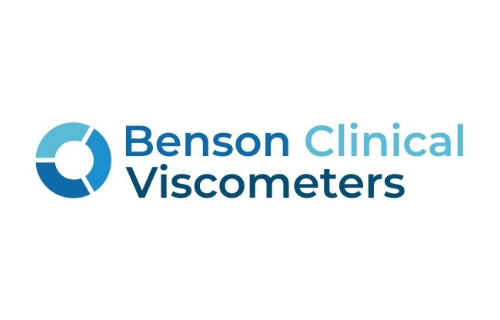Researchers at Uppsala University have developed an AI tool that can detect early signs of prostate cancer in cases where pathologists initially found no evidence of disease. In their study, tissue samples from 232 men were examined. Although all samples were judged as healthy at the time, more than half of the men later developed aggressive prostate cancer within just two and a half years.
The AI was trained to analyse biopsy images at the micro-level, scanning for subtle abnormalities that may indicate early cancer development. Remarkably, it detected suspicious tissue patterns in over 80% of the men who later developed cancer, long before the disease became visible to the human eye.
This “missed study,” as the researchers called it, highlights how AI could play a vital role in reducing missed diagnoses and supporting earlier intervention. By spotting molecular-level changes in routine biopsies, clinicians could decide which patients need closer follow-up, potentially improving survival rates.
The team has made their imaging data and methods publicly available, opening the door for other scientists to refine and expand this approach. As AI continues to integrate into diagnostics, the hope is to enhance precision medicine and give clinicians powerful tools to guide treatment decisions.
Read the full story here.











